Steel Strapping Seals
Our steel strapping seals are always reliable and made from the highest quality raw materials. Whether it is an open, semi-open or closed steel seal, we can provide a solution for your various transportation challenges.
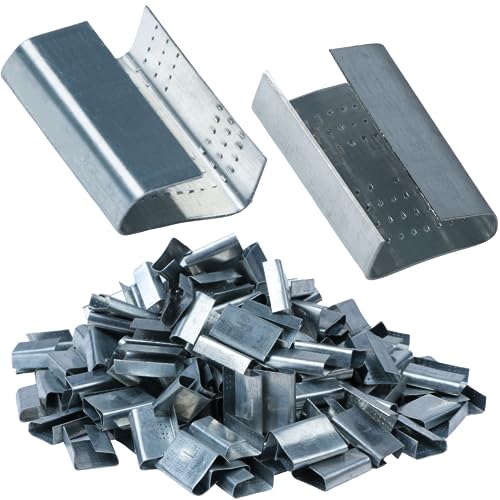
Our steel strapping seals are always reliable and made from the highest quality raw materials. Whether it is an open, semi-open or closed steel seal, we can provide a solution for your various transportation challenges.

The hamburger boxes are made from premium paper and feature an easy to use tab closure that keeps food protected and portable.
Get a free quoteUse leftover scrapbook paper or cardstock to make these adorable folded paper cookie or treat boxes. Great for packaging cookies at any party
Get a free quoteOur sandwich paper box is made of corrugated cardboard, which is greaseproof and microwavable, making it a perfect choice for deliveries.

Open seals are the most common type of seal used in securing packages. They are designed to maintain strap alignment prior to tensioning.These seals are used primarily with Regular Duty Strapping sizes on flat surfaces, typically in conjunction with a feed wheel tensioner.
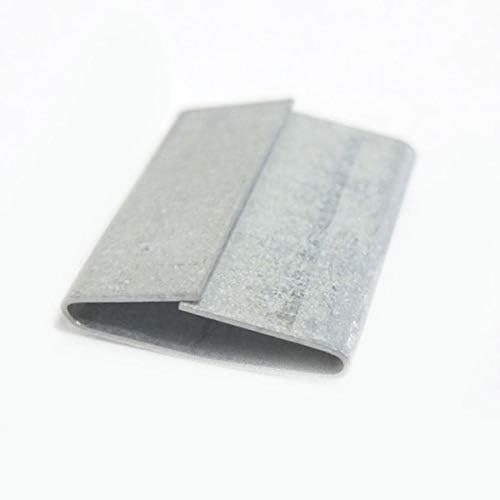
Closed (Pusher) Seals are designed for high-strength applications, ensuring secure and reliable packaging. These seals are placed on the overlapping strap ends before tensioning and are typically used with heavy-duty strapping.
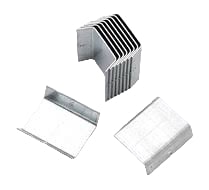
Magazine seals are a type of strapping seal designed for fast, efficient application using seal feed strapping tools. These seals come pre-loaded in a magazine, making them ideal for high-volume packaging operations.

Thread-On Seals are designed for secure and efficient application by threading them onto the overlapping strap ends before using a tension tool. These seals are commonly used on bales, bundles, and larger strap sizes.
Wrap the Strapping: Place the strapping around the package and overlap the ends.
Apply the Seal: Slide or thread the seal over the overlapping ends.
Tighten the Strapping: Use a tensioner to pull the strapping tight.
Secure the Seal: Crimp or notch the seal to lock the strapping in place.
Check: Ensure the strapping and seal are secure.
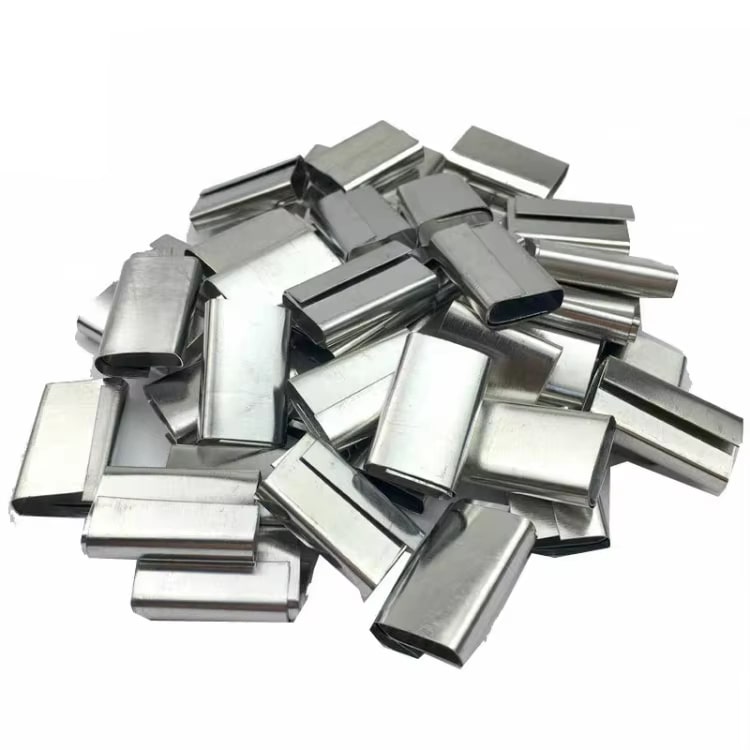

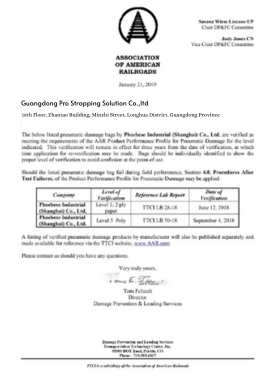
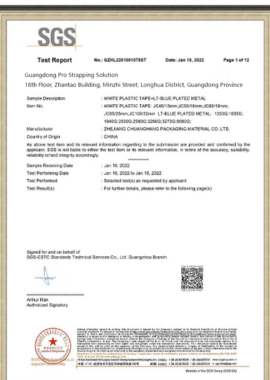
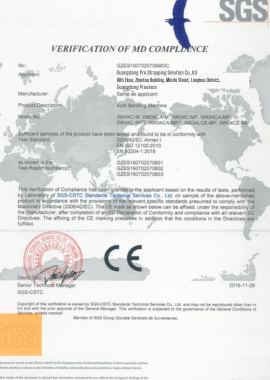
Pro Strapping Solution Co., Ltd. is a professional steel strapping seal manufacturer, including open seal. closed seal, magzine seal and thread-on seal. The products developed by the company are highly favored by the market due to their reliable quality and advanced technological level. The process technology is advanced, and the production and testing equipment is complete and comprehensive. With rich experience in design, manufacturing, and testing, strong technical strength, and strict quality management, we have won trustworthy honors among our peers and users. And has successively passed certifications such as POSH, CE, ISO9001, etc., and the products are best-selling in both domestic and international markets.
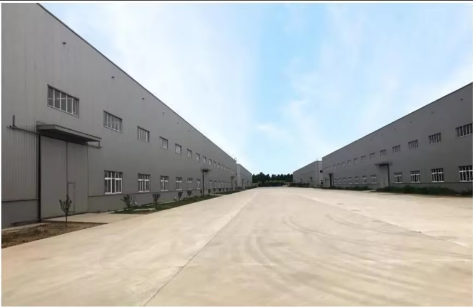
A strapping seal is a device used to secure the ends of a strap, ensuring that it stays tightly in place around a package or bundle. Strapping seals are essential for maintaining the integrity and stability of strapped items during transport and storage.
The main types include open seals, closed (pusher) seals, magazine seals, and thread-on seals. Each type is designed for specific applications and strapping materials.
Determine the Strapping Material:
Consider the Strap Size:
Assess the Application Requirements:
Check Tool Compatibility:
Review Load and Strength Requirements:
By matching the type of seal with the material, strap size, environment, tool compatibility, and load strength, you can select the most effective strapping seal for your needs.
Yes, strapping seals can be used with various materials including steel, PET, and PP. Make sure to use the appropriate seal type designed for your specific strapping material.
Common tools include a strapping tensioner, a sealer or crimper, and for magazine seals, a seal feed tool. The specific tool requirements depend on the type of seal and strapping used.
Yes, steel strapping seals can typically be recycled along with other steel products. Check with local recycling facilities for specific guidelines.